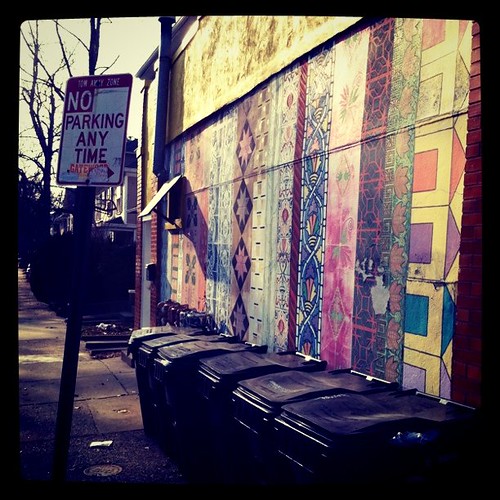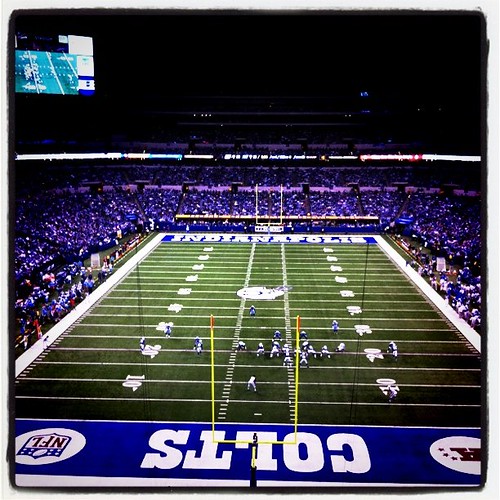“Inspiration is wonderful when it happens, but the writer must develop an approach for the rest of the time…the wait is simply too long.”
- Leonard Bernstein



1. He gave me a list of 8 different publishers (including phone numbers) who he thought would have interest in the songs I was writing. He also gave me permission to use his name, which definitely helped legitimize my reason for calling.
2. I got meetings with 4 of the publishers. They either listened with interest, asked me to just leave the CD and told me they'd call me (which they didn't), consistently skipped to the next song every 30 seconds (I think I played a song that only had gibberish words instead of lyrics, so I can't blame her), or just wanted to chat.
3. I got multiple meetings with 2 of the publishers, getting feedback and constructive criticism on my songs. I would consistently drop by the two publishers' offices every couple of weeks, and would write songs specifically with the intention of taking them to the meetings.
4. Ultimately, I only continued meeting consistently with one publisher. Thankfully, that was the one publisher that I ended up signing with, over a year after this process began.
 When I came to town to perform and write, I had someone ask me which P.R.O. I belonged to. I had no answer, because, not only was I not affiliated with any of them, I didn't even know what one was.
When I came to town to perform and write, I had someone ask me which P.R.O. I belonged to. I had no answer, because, not only was I not affiliated with any of them, I didn't even know what one was. if you were an alley violinist
if you were an alley violinist Here is an interesting article that recently ran on Billboard's website, where Jack Isquith encourages the music industry to look to the NFL for inspiration to reinvent itself.
Here is an interesting article that recently ran on Billboard's website, where Jack Isquith encourages the music industry to look to the NFL for inspiration to reinvent itself. 
 Digital Music News put out this article yesterday that reveals that debut album sales are down 77% from seven years ago. I've been thinking a lot lately about ways that the music industry is going to adapt to new waves of technology. Just this morning I was telling someone how I think Apple's iTunes has the potential to become the authoritative service for music access. And I believe this American Songwriter article shows another step towards it becoming a reality.
Digital Music News put out this article yesterday that reveals that debut album sales are down 77% from seven years ago. I've been thinking a lot lately about ways that the music industry is going to adapt to new waves of technology. Just this morning I was telling someone how I think Apple's iTunes has the potential to become the authoritative service for music access. And I believe this American Songwriter article shows another step towards it becoming a reality. “How is it possible mark your calendar to be inspired?” I often get asked this question when I tell people what I do four, and sometimes five, days a week.
“How is it possible mark your calendar to be inspired?” I often get asked this question when I tell people what I do four, and sometimes five, days a week.